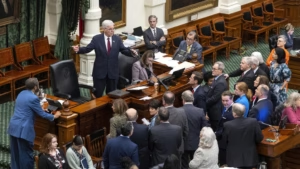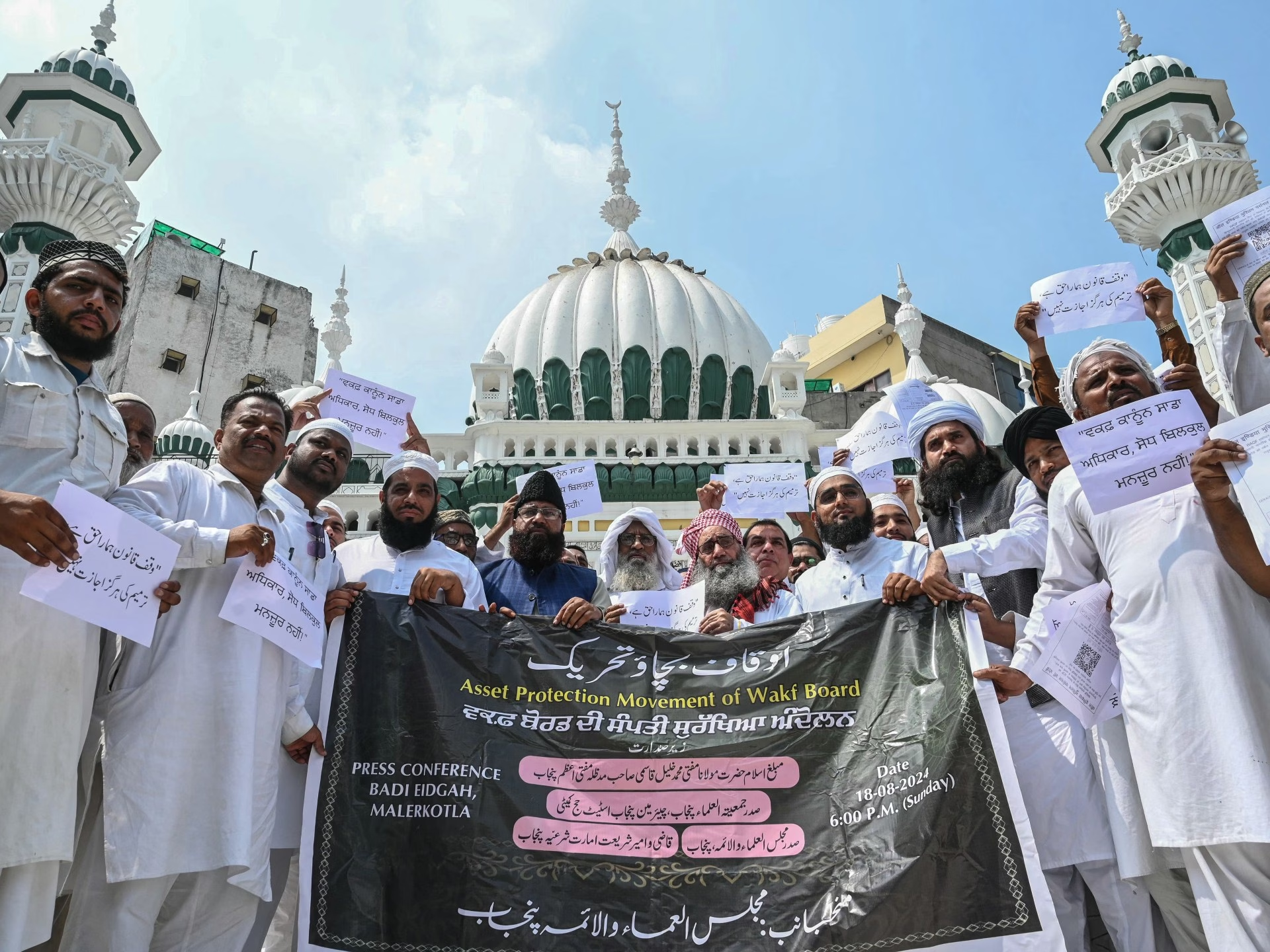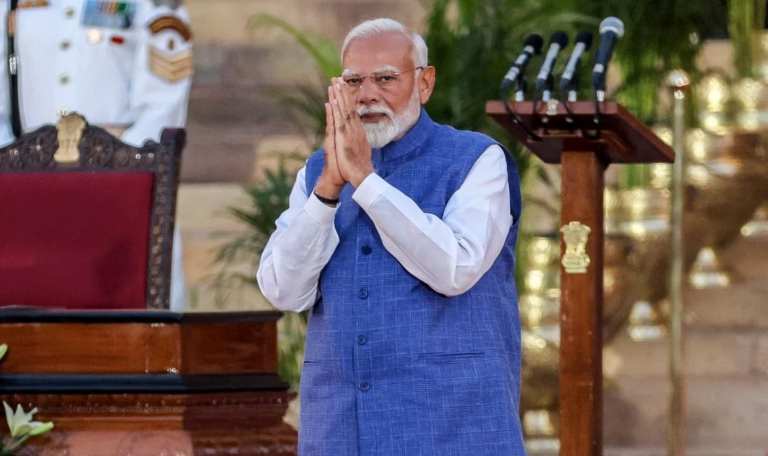The Indian parliament’s lower house has approved a significant and contentious bill introduced by Prime Minister Narendra Modi’s Bharatiya Janata Party (BJP) which seeks to amend legislation relating to Muslim endowments. These endowments, known as waqf, encompass assets worth over $14 billion, including property designated for religious or charitable purposes by Muslim donors.
Waqf refers to property—either movable or immovable—donated indefinitely by Muslims for the benefit of the community. The new bill would introduce non-Muslim members to the boards responsible for managing these endowments, expanding the government’s role in verifying landholdings. Despite the BJP’s claim that the changes will combat corruption, mismanagement, and encourage diversity, there are considerable concerns among Muslims that the amendments threaten the security of waqf properties.
The BJP, facing opposition in the lower house where it does not hold a majority, managed to pass the bill with 288 votes in favor and 232 against, thanks to the support of its allies. Debate on the bill is ongoing in the upper house of parliament. If ratified, the legislation would require presidential approval before becoming law.
One of the most disputed aspects of the waqf bill is the change in ownership rules, which could potentially affect hundreds of mosques, shrines, and graveyards. Since many historic Muslim properties lack formal documentation—they were donated without legal records, sometimes centuries ago—there is a worry that the Hindu nationalist government could gain substantial control over these assets.
Muslims in India, who make up 14 percent of the country’s population and represent the largest minority, are already subject to increasing attacks under Modi’s leadership. The Opposition, led by the Congress party, argues that the bill is unconstitutional and disproportionate in its impact on Muslim communities.
The All India Muslim Personal Law Board (AIMPLB), a prominent Muslim organization in India, has denounced the measure as discriminatory and a clear violation of the constitutional rights of Muslim citizens, calling for street protests and legal challenges if the bill is enacted.
The debate over the waqf bill comes at a time when Hindu right-wing groups are increasingly laying claims to mosques that they assert were built on the sites of Hindu temples—a contentious issue that is working its way through India’s courts. The broad implications of the bill, and the potential power it affords to the government over significant Muslim assets, continue to roil Indian society and politics.
Source: https://www.aljazeera.com/news/2025/4/3/indian-parliaments-lower-house-passes-controversial-muslim-endowments-bill?traffic_source=rss








